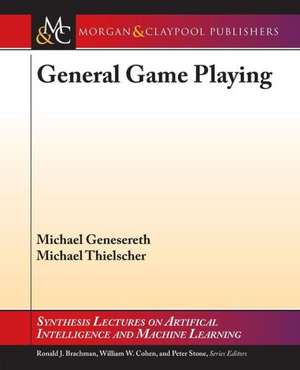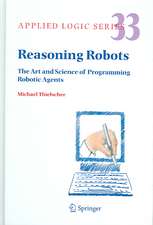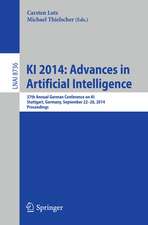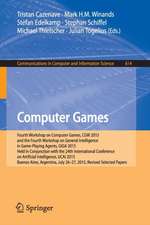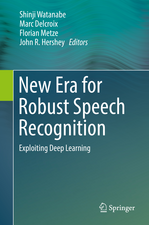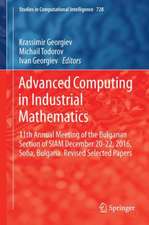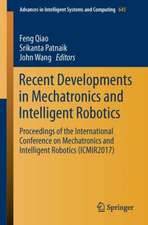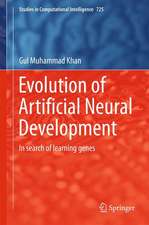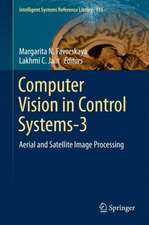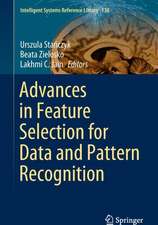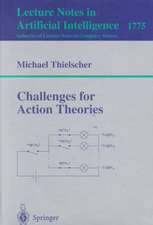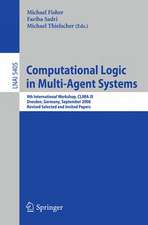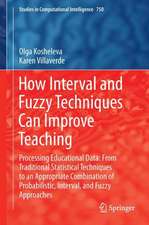General Game Playing
Autor Michael Genesereth, Michael Thielscheren Limba Engleză Paperback – 28 feb 2014
| Toate formatele și edițiile | Preț | Express |
|---|---|---|
| Paperback (2) | 230.94 lei 43-57 zile | |
| Springer International Publishing – 18 mar 2014 | 230.94 lei 43-57 zile | |
| Morgan & Claypool – 28 feb 2014 | 363.58 lei 43-57 zile |
Preț: 363.58 lei
Preț vechi: 454.48 lei
-20% Nou
Puncte Express: 545
Preț estimativ în valută:
69.57€ • 72.83$ • 57.57£
69.57€ • 72.83$ • 57.57£
Carte tipărită la comandă
Livrare economică 07-21 aprilie
Preluare comenzi: 021 569.72.76
Specificații
ISBN-13: 9781627052559
ISBN-10: 1627052550
Pagini: 230
Dimensiuni: 191 x 235 x 12 mm
Greutate: 0.4 kg
Editura: Morgan & Claypool
ISBN-10: 1627052550
Pagini: 230
Dimensiuni: 191 x 235 x 12 mm
Greutate: 0.4 kg
Editura: Morgan & Claypool
Cuprins
Preface.- Introduction.- Game Description.- Game Management.- Game Playing.- Small Single-Player Games.- Small Multiple-Player Games.- Heuristic Search.- Probabilistic Search.- Propositional Nets.- General Game Playing With Propnets.- Factoring.- Discovery of Heuristics.- Logic.- Analyzing Games with Logic.- Solving Single-Player Games with Logic.- Discovering Heuristics with Logic.- Games with Incomplete Information.- Games with Historical Constraints.- Incomplete Game Descriptions.- Advanced General Game Playing.- Authors' Biographies.
Notă biografică
Michael Genesereth is an associate professor in the Computer Science Department at Stanford University. He received his Sc.B. in Physics from M.I.T. and his Ph.D. in Applied Mathematics from Harvard University. He is best known for his research on Computational Logic and its applications. He has been teaching Logic to Stanford students and others for more than 20 years. He is the current director of the Logic Group at Stanford and founder and research director of CodeX (The Stanford Center for Legal Informatics).Michael Thielscher is a Professor and head of the Computational Logic Group at Dresden University in Germany since 1997. He received his PhD in Computer Science from Darmstadt University of Technology, Germany. His research is mainly in Knowledge Representation, Cognitive Robotics, Commonsense Reasoning, Game Playing, and Constraint Logic Programming. He has developed the action programming language and system FLUX and has published numerous papers and two books on knowledge representation for actions, on comparisons of different action languages, and on implementations of action programming systems. In 1998, his Habilitation thesis was honored with the award for research excellence by the alumni of Darmstadt University of Technology. He co-authored the program FLUXPLAYER, which in 2006 was crowned the world champion at the Second General Game Playing Competition in Boston.
